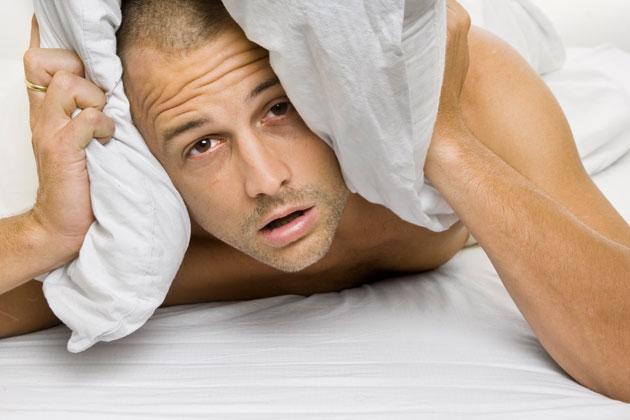Recent studies showed that sleep apnea may increase the danger of sudden cardiac death. This was recently revealed by a new research in the Journal of the American College of Cardiology.
During the extensive research, 10,000 middle aged men and women were referred for sleep studies at the Mayo Clinic Sleep Disorders Center. Data was taken from 1987 to 2003 study sleep tests. After the test 78 percent were found to have sleep apnea and in the span of follow up for 15 years, study showed that 142 had sudden cardiac arrest. The research study leader, Dr. Apoor Gami, a cardiac electrophysiologist, said that oxygen saturation drops when air doesn’t flow into the lungs. “ if the lowest oxygen saturation was 78 percent, or less, the risk of sudden cardiac death is increased by 80 percent.
What is Sleep Apnea:
According to Healthguide, Sleep apnea is a common and most of the time unnoticed serious disorder wherein your breathing repeatedly stops and starts as you sleep. Lapses in breathing last between 10 to 20 seconds and can occur up to hundred times a night. The result is sleep deprivation which results in daytime sleepiness, slow reflexes, and poor concentration. Sleep apnea can lead to serious health problems like diabetes, high blood pressure, weight gain and with the recent findings, heart attack.
During the sleep apnea episode, the oxygen level in your blood drops. Your brain responds by briefly disturbing your sleep which is often manifested with a gasp or a choking sound. You won’t remember these episodes, most of the time.
Types of sleep apnea
- Obstructive sleep apnea is the most common type of sleep apnea. It occurs when the soft tissue in the back of your throat relaxes during sleep and blocks the airway, often causing you to snore loudly.
- Central sleep apnea is a much less common type of sleep apnea that involves the central nervous system, occurring when the brain fails to signal the muscles that control breathing. People with central sleep apnea seldom snore.
- Complex sleep apnea is a combination of obstructive sleep apnea and central sleep apnea.
Treatments:
According to Mayo clinic,for milder cases, it is suggested to have a change of lifestyle, like quit smoking and losing weight. But if there are cases from moderate to severe, there may be some devices which can open blocked airway and sometimes surgery. One recommended therapy is the CPAP machine or the Continuous positive airway pressure. This delivers air pressure through a mask placed over your nose while you sleep. With CPAP, the air pressure is just enough to keep your upper airway passages open, preventing apnea and snoring. CPAP is the most common and reliable method of treating sleep apnea.
Immediate home remedies may find helpful also in treating sleep apnea. It is suggested that try various throat exercises to open up the air passageway. Others said skipping food 2-3 hours before bedtime can possible cure sleep apnea. How about trying it?
Sleep Apnea And Sudden Cardiac Death:
In the study conducted by the team of Dr. Gami, they have found a link between Sleep apnea and the sudden cardiac death. According to Dr. Gami, sleep apnea is related to the type of heart rhythm problem that causes cardiac death.
Moreover, as disclosed bythe American College of Cardiology, it points out that sleep apnea patients’ risk of sudden cardiac death does not simply shift from daytime hours to nighttime hours but that their increased danger of sudden cardiac death is higher than people without sleep apnea. Treating sleep apnea can improve the quality of life and may have added benefit of preventing cardiovascular disease, as said by Dr. Virend K. Somers of Mayo Clinic College.
Read more here

No comments:
Post a Comment